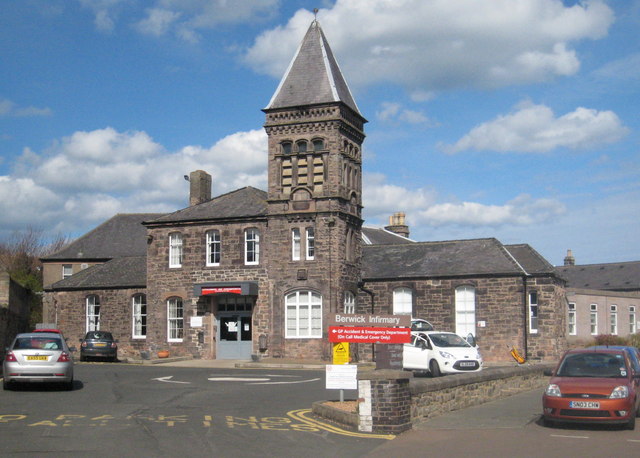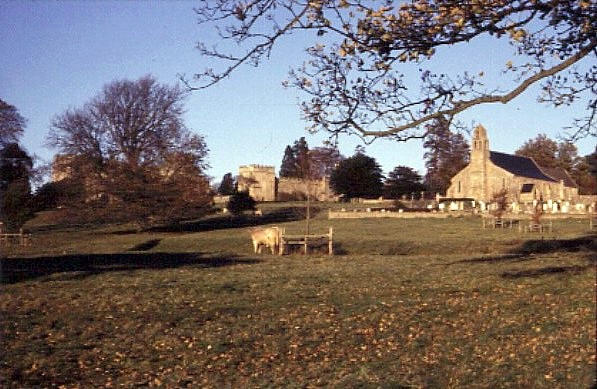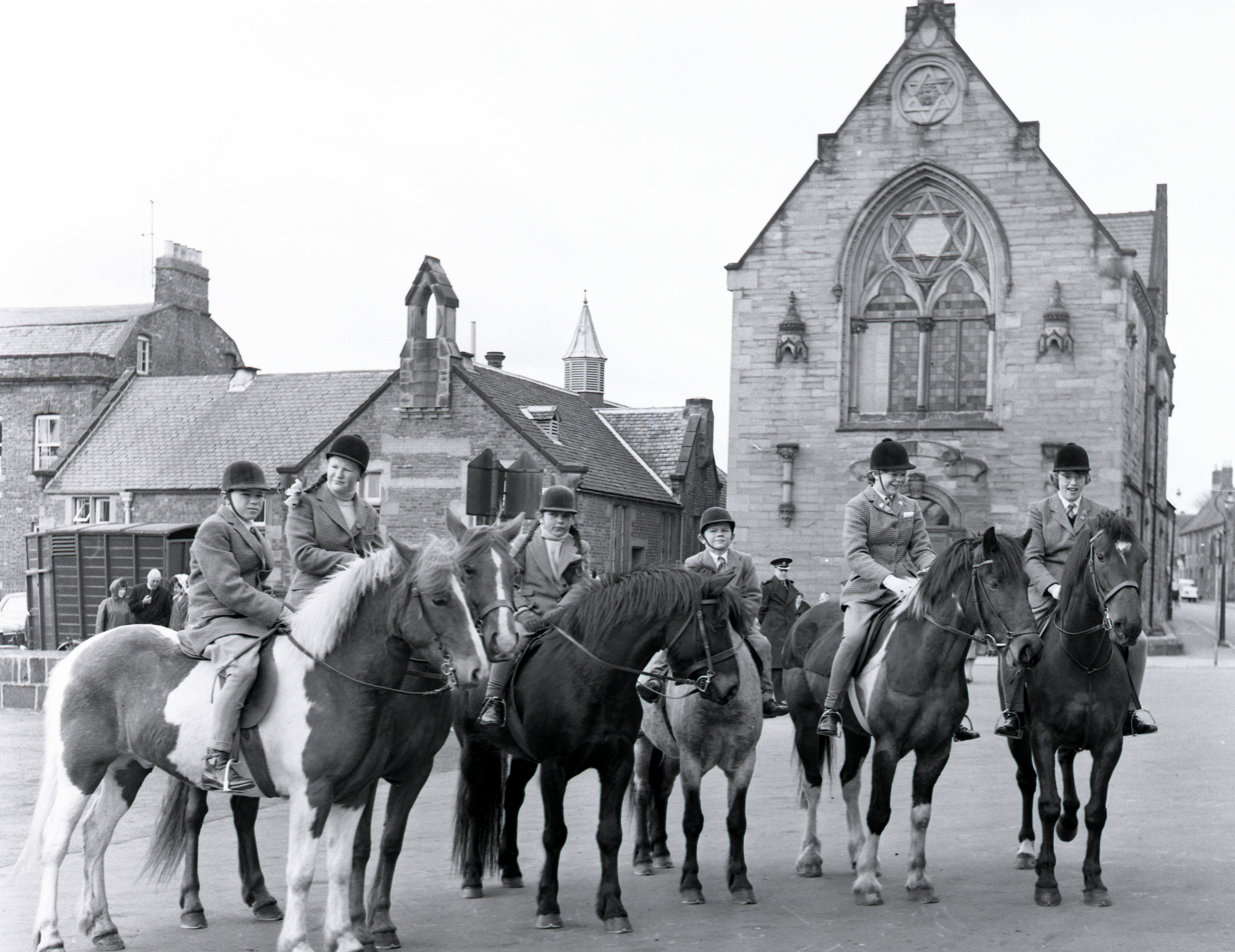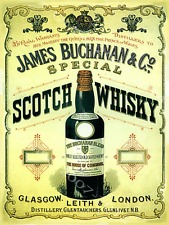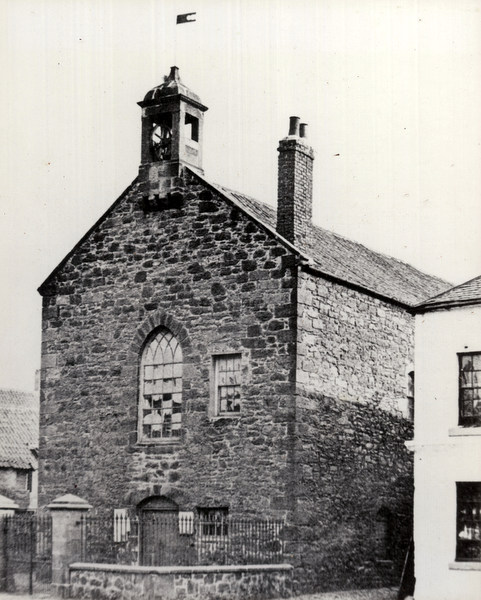BERWICK ADVERTISER, 30 JUNE 1916
WOMEN FARM WORKERS
In many parts of the country there appears to exist a suspicion that, if women register their names for farm work, they may be subjected to some form of compulsory service.
The War Office and the Board of Agriculture and Fisheries desire to assure all women who
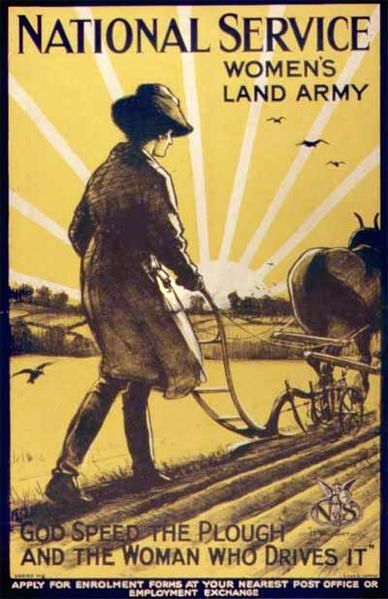
are engaged in work on the land, or who may be willing to undertake such work, that the registration of their names for that purpose will in no way be used to compel them to undertake either agricultural or any other form of work. Such work is entirely voluntary. In no case will they be expected to work on farms outside their own neighbourhood unless they are willing to do so. But it is necessary, in order that the most sufficient use may be made of their services, to have a list of the names and addresses of women who are prepared in the national emergency to undertake work in the place of the men who are fighting in the trenches. As there is a great need for the services of patriotic women who are willing to assist in the home production of food, it is hoped that all women who can see their way to offer their services, either whole or part time, will at once have their names registered at the Local Labour Exchange or by the village Registrar.
Board of Agriculture and Fisheries,
4, Whitehall Place, S.W.
23rd June, 1916
LOCAL NEWS
A Big Smash. – On Monday afternoon a number of army motor vans were going through Bridge Street, one of the tyres of a van skidded, precipitating the vehicle through the plate glass windows of Mr Thomson, baker. The large front glass window as well as the side window were smashed.
Accident. – On Tuesday afternoon a woman named Swinney, 176 Main Street, Tweedmouth, slipped while taking clothes off a rope in a back yard, fracturing her left ankle. Nurse Davidson was called, and the woman was removed to the Infirmary.
Midsummer Holiday. – Tuesday was observed in Berwick as the annual Midsummer holiday, when all places of business were closed. Like its predecessor of 1915, the war put a damper on the usual observances – no railway facilities in the way of cheap, excursions being offered. That being so, far distance travelling was out of the question to the vast majority.
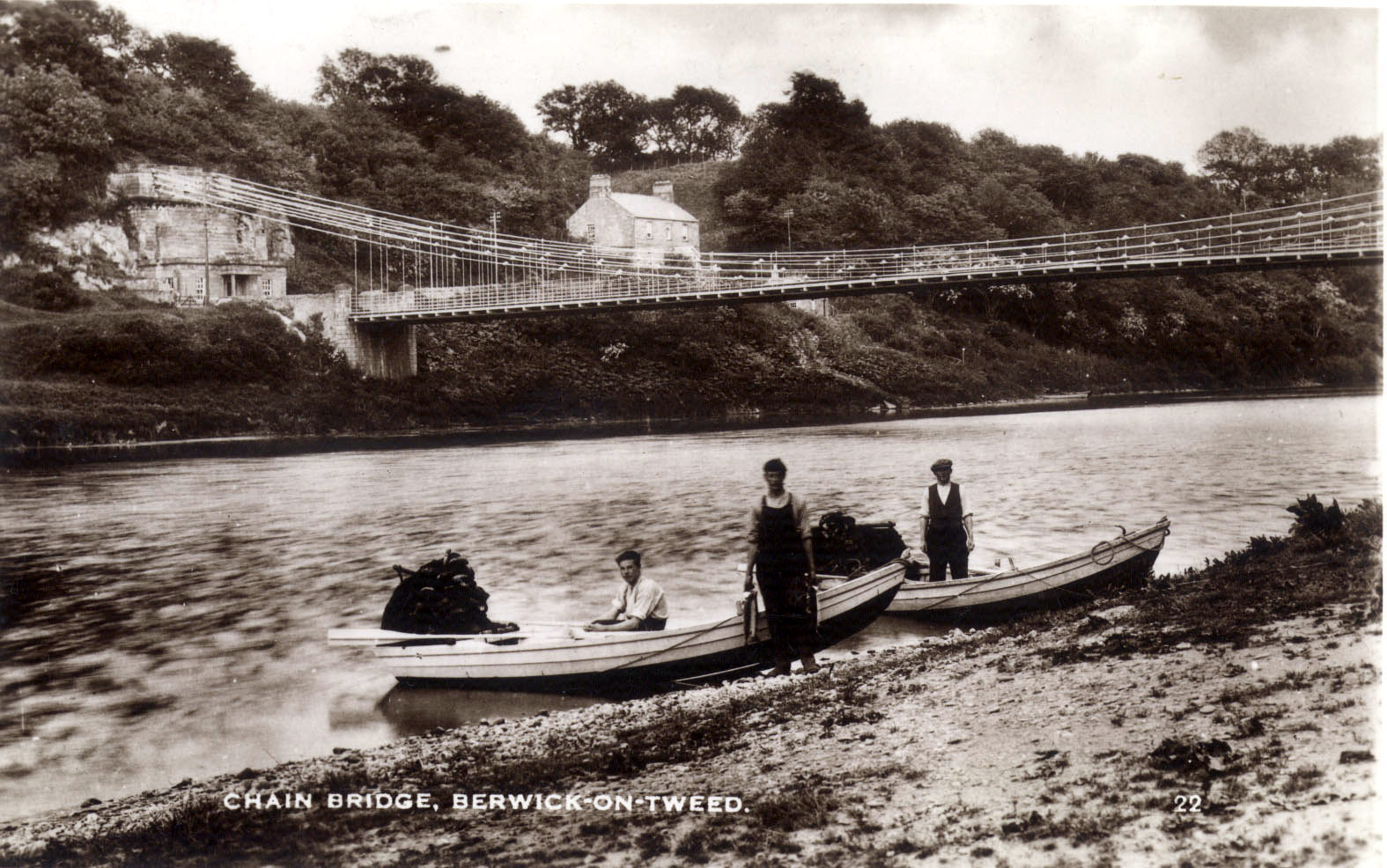
Notwithstanding these drawbacks the general public made the best of the circumstances – some went boating, some went fishing, some went cycling, others went in either for bowling or golf, while a goodly number made the Chain Bridge their rendezvous – where the Berwick Boy Scouts were having a picnic. There was quite a number of parties squatting here and there on the green sward. With their attendant fires to boil the kettle for tea and notwithstanding the cheerlessness of the day seemed to be enjoying themselves. The weather throughout the day was dull and scarcely in keeping with the leafy month of June. All are looking forward with eager anticipation to next midsummer holiday, when it is hoped the war clouds will have rolled away and everything back to usual conditions.
HOW TO GET TO HOLY ISLAND
Now that summer has come, and readers of the “Advertiser” will be planning their outings on Thursday afternoons, as well as for longer periods, a word as to Holy Island will not come amiss. Comparatively few of the inhabitants of Berwick and neighbourhood have visited this most interesting place; in many cases because they do not know how to make their visit suit the tides, going and returning. A safe rule is to cross on an ebbing tide in preference to a flowing one. If going by train leaving for Beal after 1.10 p.m. (from July 1st onwards), and returning by last train Spring tides (high water at from 1 to 4 p.m.), should be avoided, and a day chosen when the tide is full about 10 to 12 o’clock.
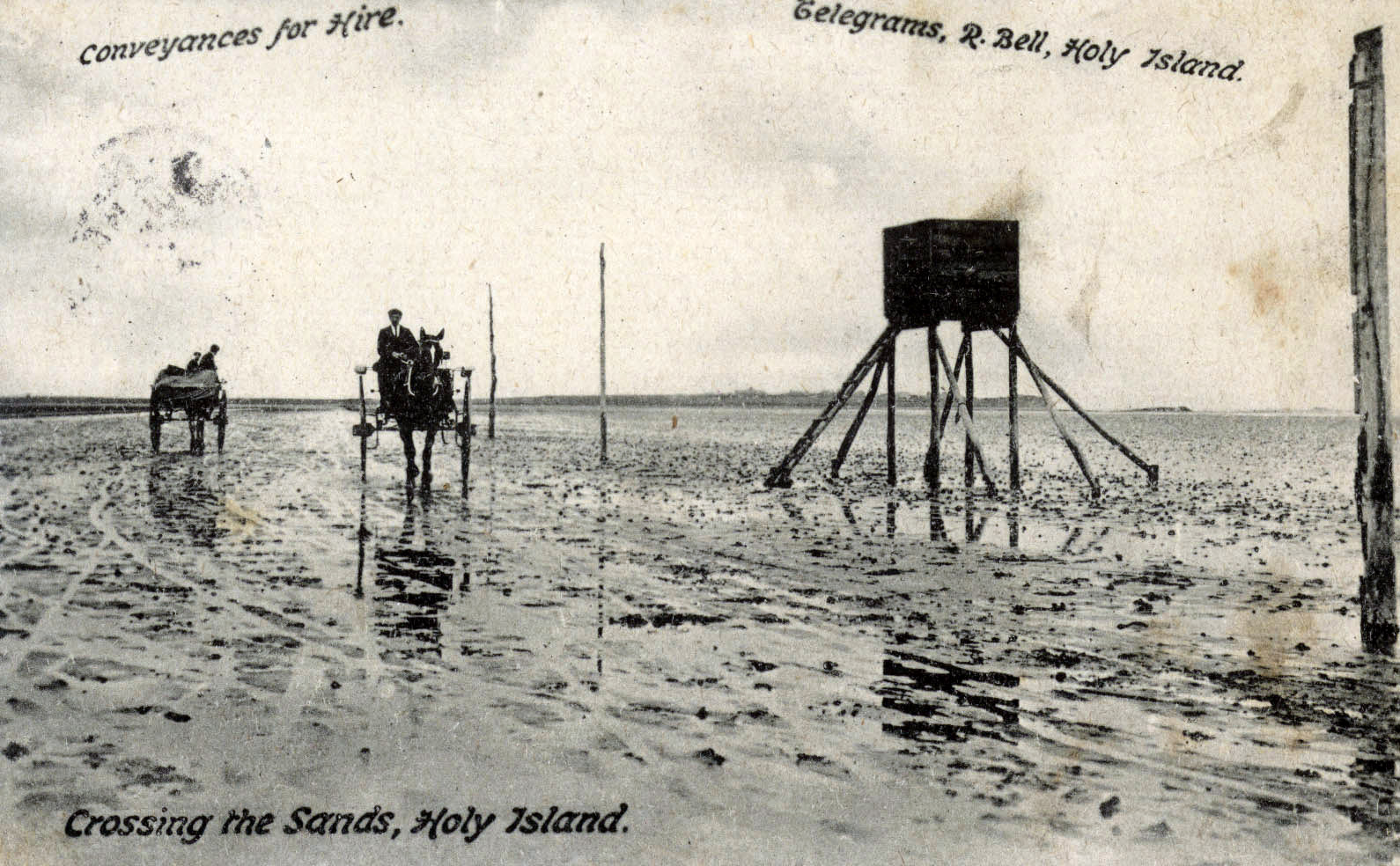
If going by either of the morning trains, and returning by last train, high water any time between 11 a.m. and 4 p.m. will suit.
Holy Island conveyances meet the 7.40 a.m. or the 1.10 p.m. trains, from Berwick, single fare 1s each, or for four persons or upwards conveyances will be sent to meet any train at the same fare. Conveyances can be ordered from any of the following :- Mr R. Bell, Post Office, Holy Island; Mr James Brigham, Holy Island; Mr Geo. Wilson, Northumberland Arms, Holy Island; Mr Thomas Fender, Holy Island.



